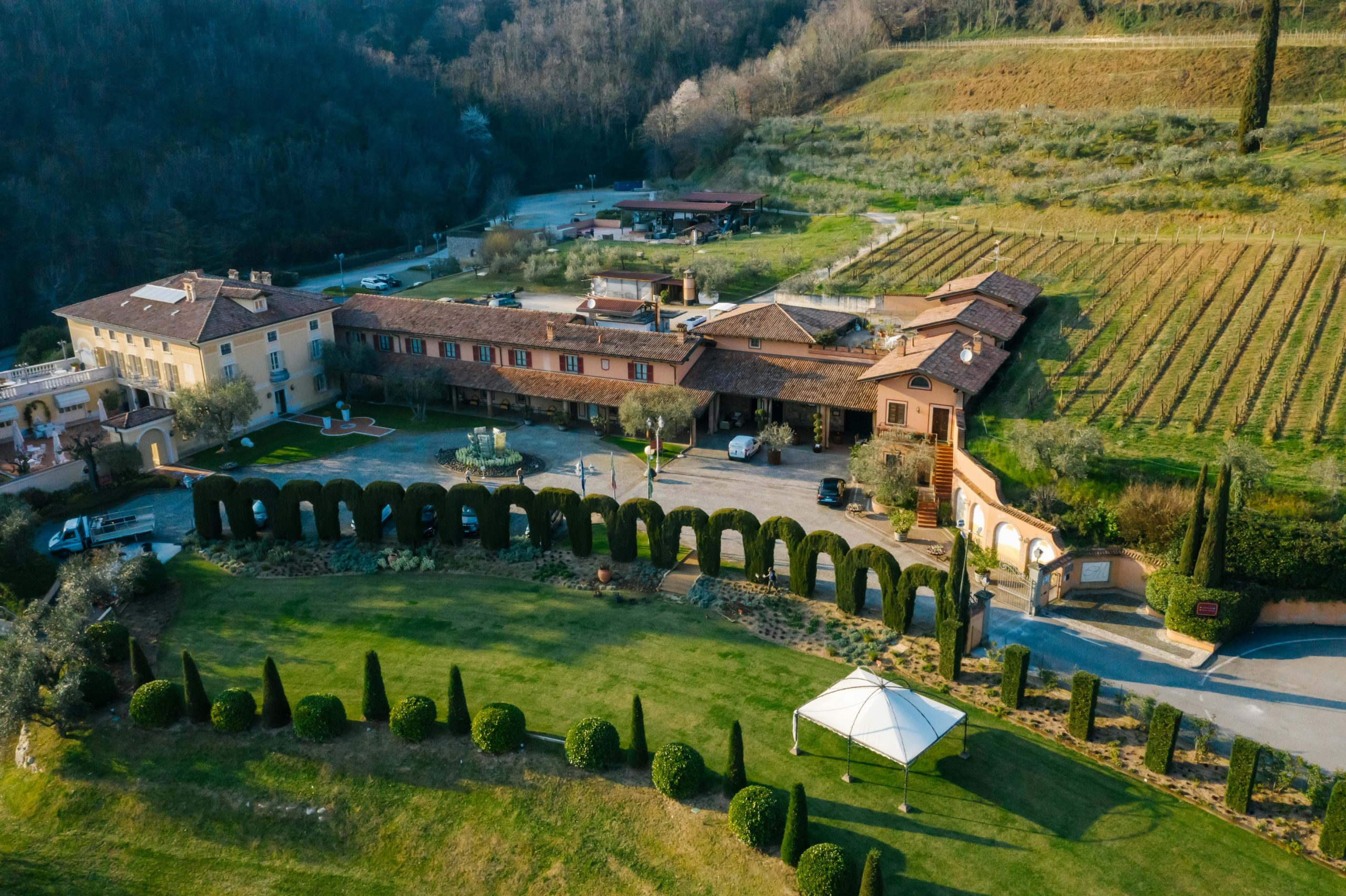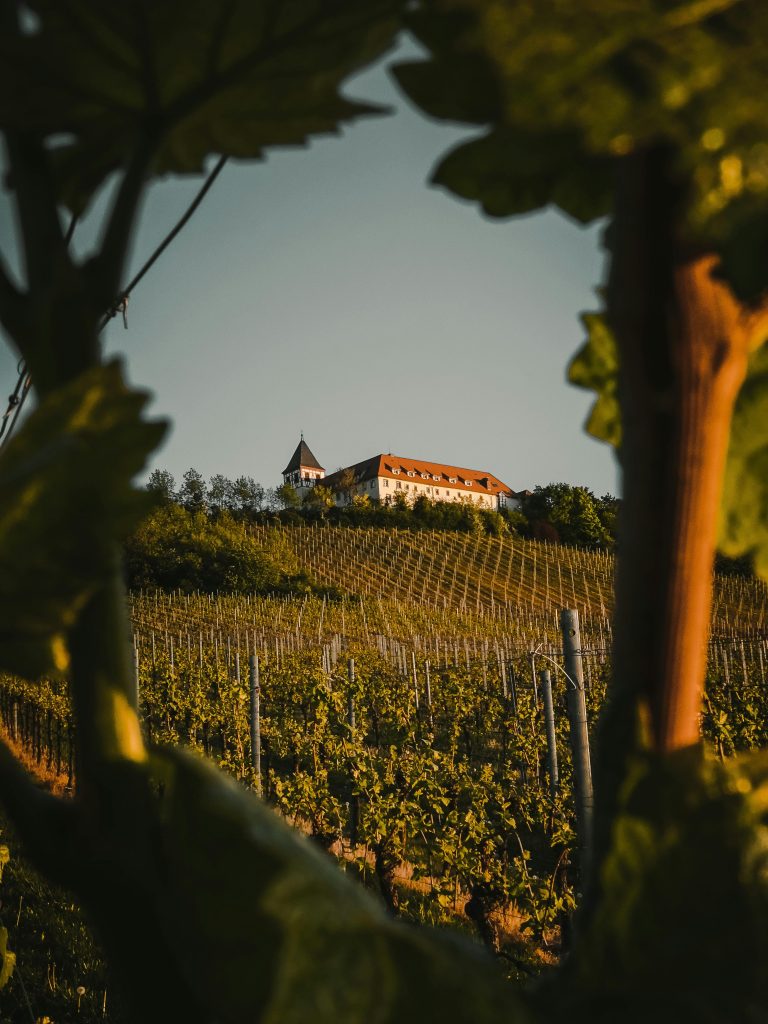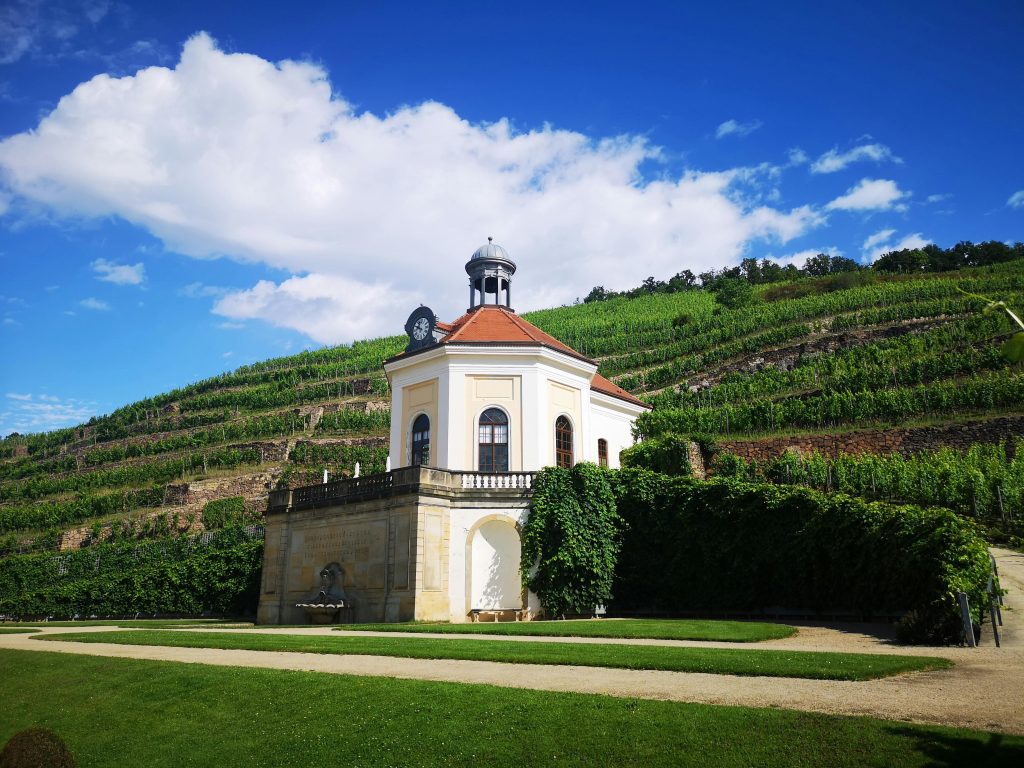
Owning a vineyard isn’t just about producing wine—it’s about cultivating value. A vineyard is a property with potential that reaches far beyond the bottle. In a world where real estate markets shift, vineyards and well-designed wine cellars offer stability, charm, and even financial security. For those seeking an investment with personality, vineyard properties stand out. They carry the allure of wine, the romance of the land, and the resilience that savvy investors look for. Let’s explore how vineyard ownership and strategic wine cellar additions can transform a property into a high-value estate.
1. Why Vineyard Real Estate Stands Out
Vineyards offer more than the promise of wine. They represent a rare blend of agriculture, real estate, and luxury, creating an investment class that appeals to more than just wine lovers. Unlike traditional farms, vineyards bring an air of sophistication and a potential for high return on investment. While real estate markets often ebb and flow, vineyards tend to retain their value, thanks to their appeal and limited availability.
One of the most compelling aspects of vineyard properties? They attract buyers looking for a lifestyle as much as an investment. With a vineyard, you’re not just buying land; you’re purchasing a piece of nature that can yield profits, experiences, and even an estate legacy. For a deeper look at the recession-proof nature of vineyards, see Is Vineyard Real Estate Recession-Proof? Insights for Potential Investors.
2. The Lifestyle Investment: More Than Just Land
Vineyards aren’t just about acreage or crop yield—they’re lifestyle investments. Buyers and investors often seek a connection to nature, a slower pace, and the chance to work with the earth in ways that urban properties don’t allow. This type of real estate has a different appeal than a city property or even a vacation home. It offers a hands-on experience, a chance to produce something with your own hands, and to share that product with others.
People invest in vineyards not only to make money but to create a personal haven. Some turn them into family estates or exclusive getaways. With the right management, a vineyard can become a retreat that generates both profit and memories. And by adding a wine cellar, the property’s unique appeal and long-term value grow even further.

3. Adding Value with a Wine Cellar
A wine cellar isn’t just a storage room; it’s an asset. Adding a wine cellar to a vineyard property instantly increases its value, not only for resale purposes but for attracting renters or guests if you decide to monetize the estate. A wine cellar adds sophistication and functional appeal to the property. For wine lovers, it’s the cherry on top—a dedicated space to preserve their prized bottles and enjoy tastings.
When integrated into a vineyard property, a wine cellar completes the experience. Buyers and investors see it as a thoughtful addition that speaks to the luxury and uniqueness of vineyard living. Learn more about how wine cellars can add value to properties at Can Wine Cellars Add Value to Real Estate?.
4. Turning a Vineyard into a Thriving Estate
Buying a vineyard is just the start. With careful planning and strategy, a vineyard can become a productive, profitable estate. Here are some ways to do it:
1. Develop a Business Plan:
Treat the vineyard as you would any other business. Define your goals—whether it’s producing high-quality wines, creating a tourism experience, or simply holding onto the property as a legacy investment. Set a budget, identify your target market, and plan for growth.
2. Optimize Production:
Vineyard yields depend on multiple factors, from soil quality to climate and grape variety. Optimize your vineyard’s potential by working with expert viticulturists, implementing organic practices, and exploring ways to produce high-quality grapes. Some owners even focus on boutique, small-batch wines, creating an exclusive product that appeals to collectors.
3. Add Amenities:
To turn a vineyard into a thriving estate, consider adding amenities like a tasting room, event spaces, or guest cottages. These additions transform the property from a simple vineyard into a wine lover’s paradise, capable of hosting events, tastings, and retreats. A vineyard that welcomes guests is an estate that constantly markets itself.
For more insights on how to transform a vineyard into a profitable venture, see How to Turn Your Vineyard Purchase into a Thriving Wine Estate.
5. The Financial Resilience of Vineyards
Vineyard investments often outperform other real estate types during economic downturns. Unlike residential properties, which are susceptible to market fluctuations, vineyards maintain a steady value due to their rarity and unique appeal. This makes vineyard properties a safer bet for investors who want a property that holds its value through good times and bad.
Vineyards have historical resilience. Wine has been a beloved commodity for centuries, and with each economic shift, its value remains stable. Additionally, a vineyard property’s value doesn’t just lie in the potential to make wine—it lies in the land itself. The connection between wine and culture, luxury, and even tourism makes vineyard properties more resistant to recessions than other forms of real estate.
6. Sustainable Vineyards: Adding to Long-Term Value
Sustainability is no longer just a buzzword; it’s a real driver of property value. Many vineyard owners now adopt organic or biodynamic practices to enhance both the wine quality and the land’s long-term productivity. Vineyards managed with sustainable practices are highly desirable to environmentally-conscious buyers and consumers alike. They showcase a commitment to preserving nature and creating a product that respects the earth.
Going organic or biodynamic also aligns with trends in the wine industry, where consumers are increasingly demanding transparency and sustainability in production. A vineyard that markets itself as eco-friendly can attract a niche audience willing to pay a premium for sustainably-produced wines.
Sustainable practices also bring added financial benefits. Organic vineyards often have lower operating costs over time, as they rely less on chemicals and synthetic inputs. Biodynamic practices, which take the ecosystem into account, can improve soil health and increase the vineyard’s resilience against pests and diseases.
7. Vineyard Tourism: Experiences Add Value
Wine tourism is a booming industry. Many vineyard owners capitalize on this by offering wine-tasting tours, special events, and even vineyard stays. A property with a dedicated tourism strategy not only has greater income potential but also gains a broader reach through word-of-mouth and social media.
Consider the added value of offering unique experiences: grape harvest festivals, farm-to-table dinners, or seasonal wine-pairing events. These activities bring in visitors and provide a steady stream of income throughout the year. And with today’s focus on experiential travel, vineyard properties with immersive offerings are especially appealing to high-end buyers and investors.

8. Building a Legacy
Owning a vineyard is about more than immediate profit; it’s about creating something lasting. Many vineyard owners see their estates as part of a legacy they can pass down through generations. By building a strong brand and fostering community ties, a vineyard can become a landmark, a name that resonates with quality and tradition.
To create a legacy, focus on producing high-quality wine, sustainable practices, and brand storytelling. Create a memorable label, a unique story, and a recognizable product that will continue to appeal to future generations. Over time, these efforts build the vineyard’s reputation and ensure that it remains an asset worth holding onto.
9. The Draw of Vineyard Living: Crafting a Unique Lifestyle
The lifestyle aspect of vineyard ownership cannot be overlooked. The romantic image of owning a vineyard, complete with a private wine cellar, appeals to many. Vineyard living combines elegance with simplicity—a rare quality in today’s fast-paced world. Imagine a day where you wake up surrounded by vines, host guests for wine tastings in your cellar, and spend evenings in a landscape you can truly call your own.
For some, this lifestyle even translates to revenue. Renting out the estate as a destination for weddings, retreats, or seasonal getaways allows owners to share the experience and make an income while doing so. Properties with a wine cellar add even more allure, offering a dedicated space for tastings, wine storage, and events.
10. Final Thoughts: Investing Beyond the Wine
A vineyard property is an investment that goes far beyond the wine it produces. It’s a blend of business, passion, and lifestyle. The potential to add value through a wine cellar, sustainable practices, and tourism makes vineyards a versatile choice for those looking to make a meaningful investment. And with their natural resilience against market fluctuations, vineyards offer a unique proposition: a stable yet adventurous asset that appeals to investors and wine lovers alike.
Whether you’re considering a vineyard as a business or a family legacy, the opportunities are as vast as the landscape. A vineyard’s value doesn’t rest solely in the bottle but in the experience, the land, and the legacy it creates. So, raise a glass to the idea of investing in wine country, where real estate and viticulture unite to offer something truly exceptional.